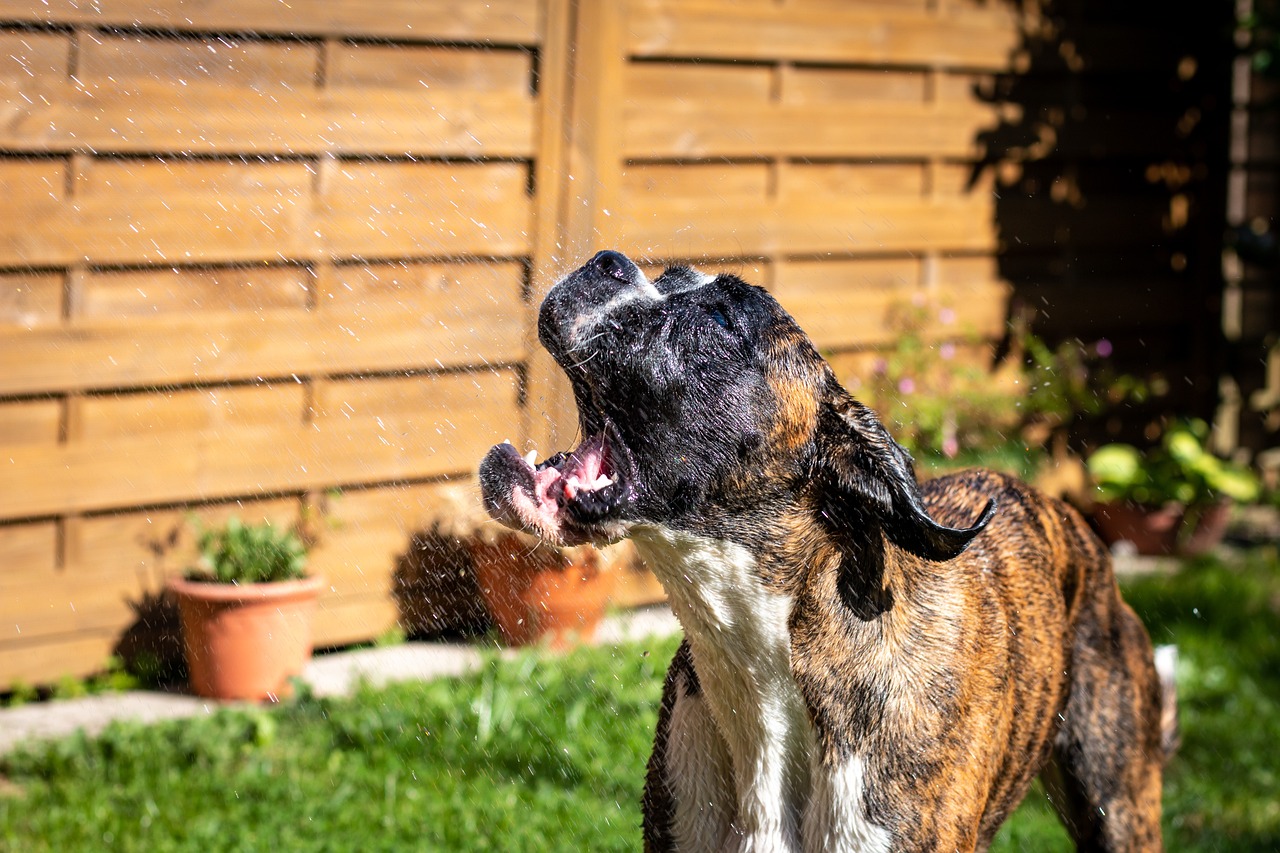 Shutterstock
Shutterstock
Choosing the right dog breed is essential for seniors seeking a companion that aligns with their lifestyle. While dogs bring love and joy, some breeds may not be the best fit for older adults due to high energy, large size, or grooming requirements. Dogs that demand a lot of exercise or have dominant, independent temperaments can be more difficult to manage. Selecting a breed that matches a senior’s physical capabilities and daily routine is important for creating a positive, stress-free relationship between the dog and its owner.
Siberian Husky
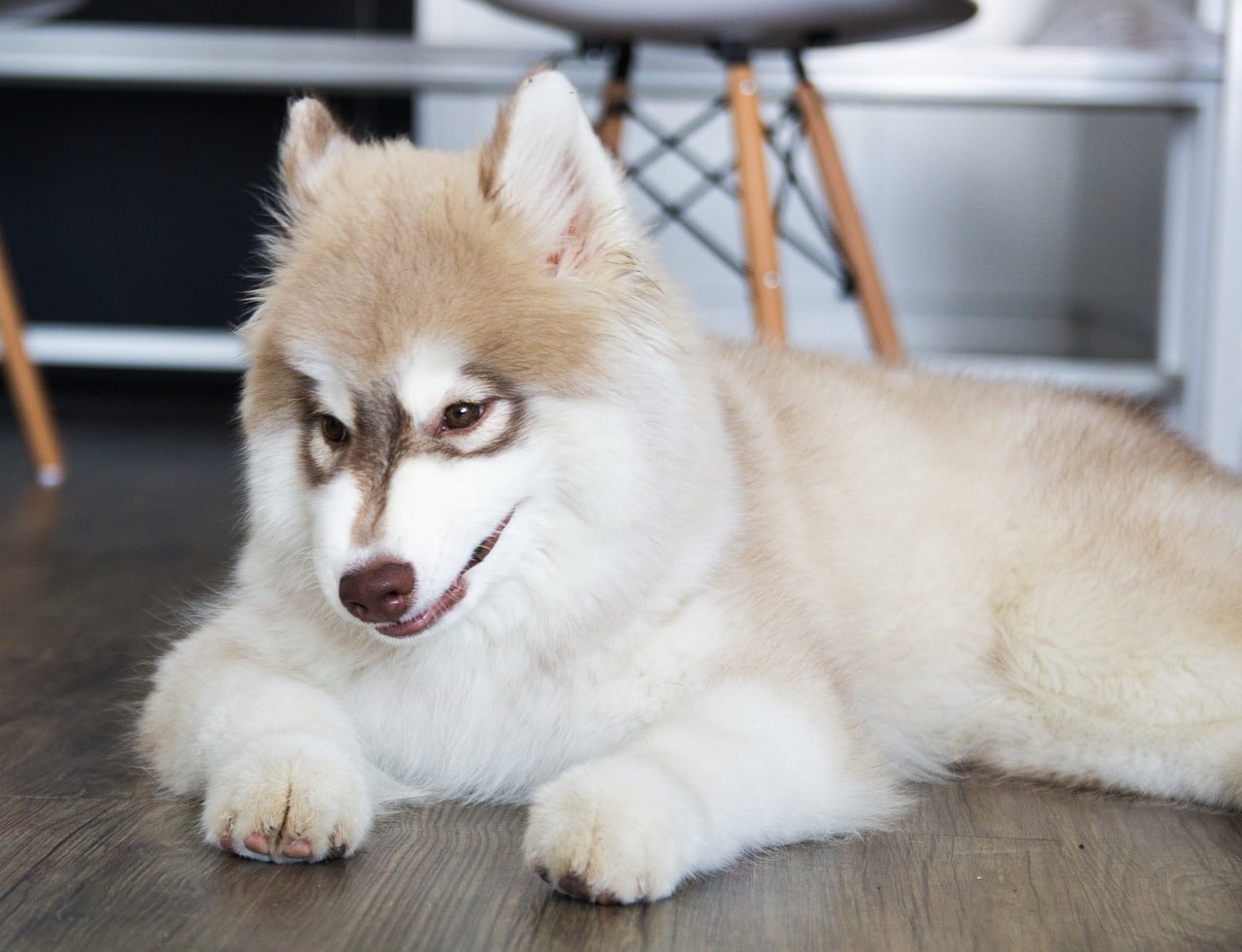 Shutterstock
Shutterstock
Siberian Huskies are known for their high energy levels and independence. These dogs require a lot of physical activity, making them unsuitable for seniors who may not be able to meet their exercise needs. Huskies are also known to be escape artists, requiring secure fencing and constant supervision. Their stubborn nature can make training challenging, and their need for mental and physical stimulation may be too much for older adults to manage.
Border Collie
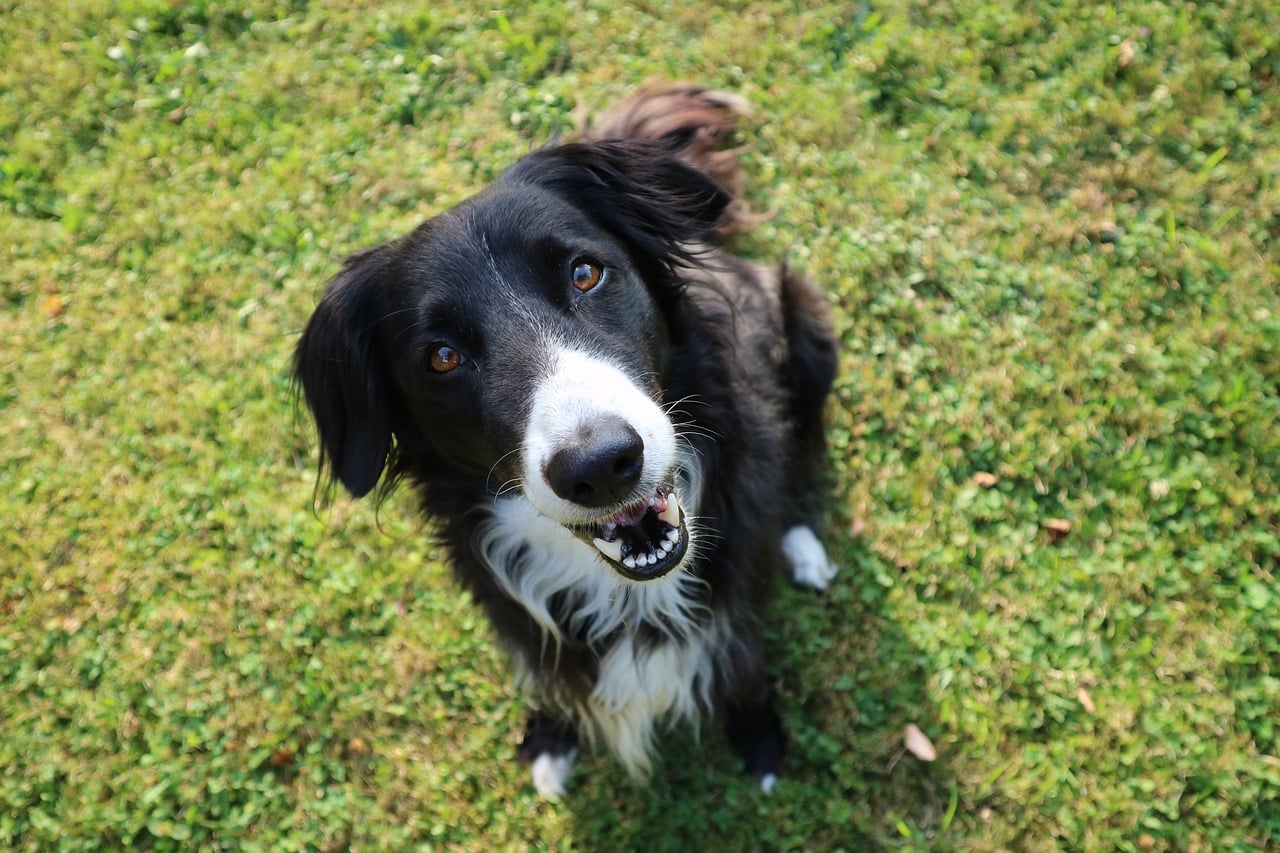 Shutterstock
Shutterstock
Border Collies are one of the most intelligent dog breeds, but their high intelligence comes with a need for constant mental and physical stimulation. They excel in agility and herding activities but can become bored and destructive if not given enough to do. For seniors who may prefer a slower-paced lifestyle, the endless energy of a Border Collie can be overwhelming. Their need for regular exercise and engagement makes them better suited for more active owners.
German Shepherd
 Shutterstock
Shutterstock
German Shepherds are often used in military and police work due to their intense drive and agility. While highly trainable, these dogs have a high energy level and require significant physical and mental challenges to stay happy. Their strong protective instincts can sometimes manifest as aggression if not properly trained. Seniors looking for a relaxed companion may find the demands of a German Shepherd too much to handle, as they thrive in environments that offer structure, discipline, and daily activity.
Jack Russell Terrier
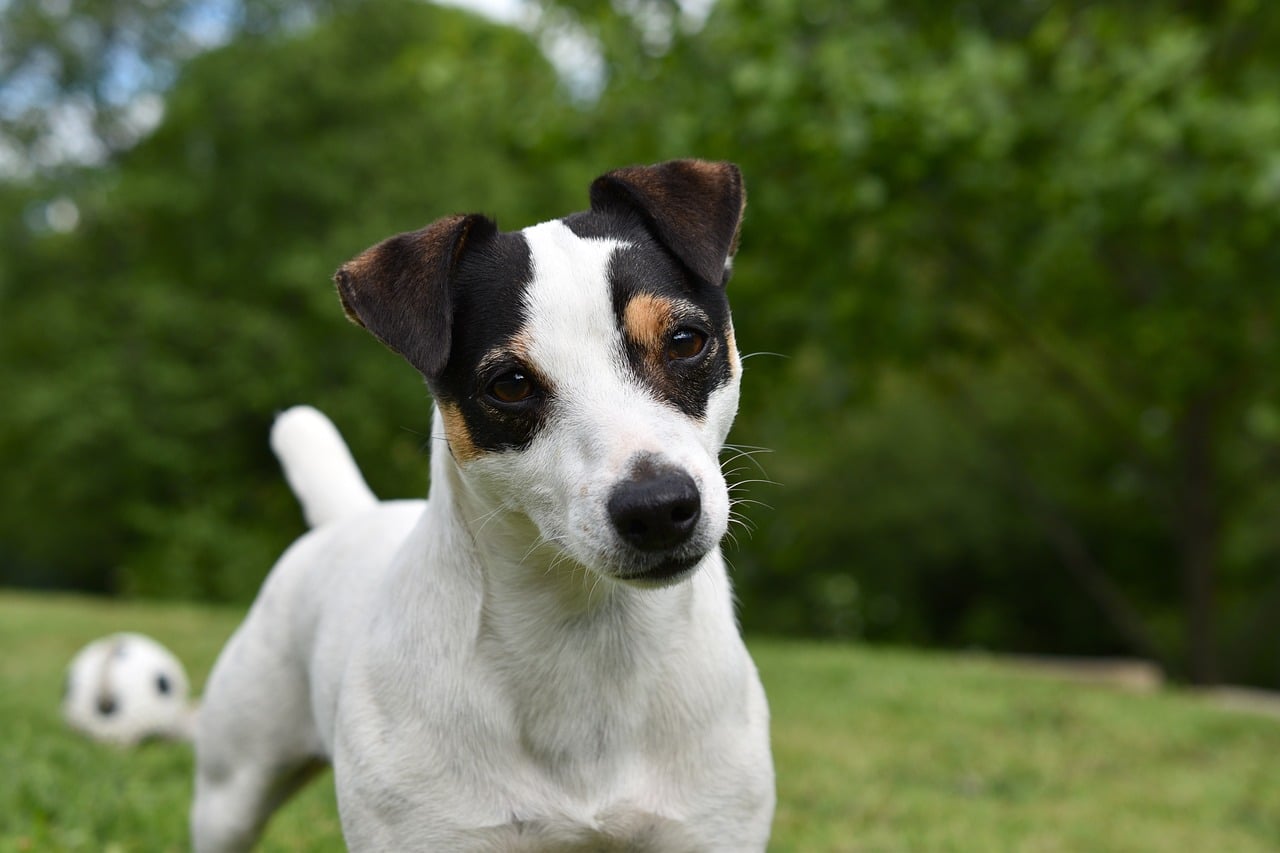 Shutterstock
Shutterstock
Jack Russell Terriers are small but mighty and known for their high energy and strong hunting instincts. They are feisty, playful, and full of energy, often requiring more exercise than other small breeds. Jack Russells also have a stubborn streak, making them difficult to train. Their strong prey drive means they may not get along well with other small animals, and their need for constant stimulation may prove too tiring for a senior looking for a more laid-back companion.
Dogo Argentino
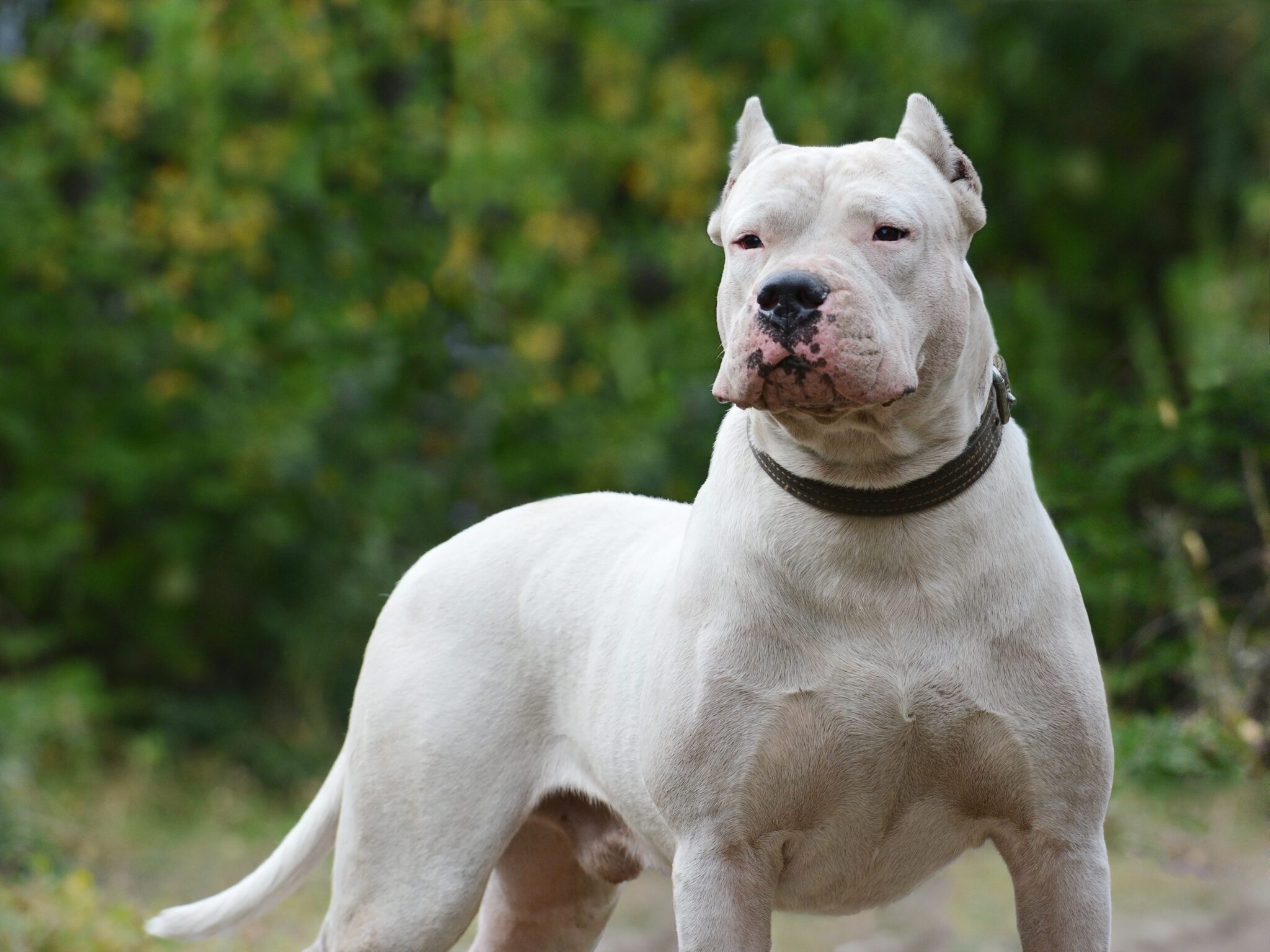 Shutterstock
Shutterstock
Dogo Argentinos are powerful, muscular dogs originally bred for hunting large game. While they are loyal and protective, their size and strength can make them difficult to manage for seniors. Dogo Argentinos require consistent training, strong leadership, and plenty of physical activity to prevent unwanted behavior. Their dominance and territorial instincts make them better suited for experienced dog owners who can handle their strong-willed personalities.
Australian Shepherd
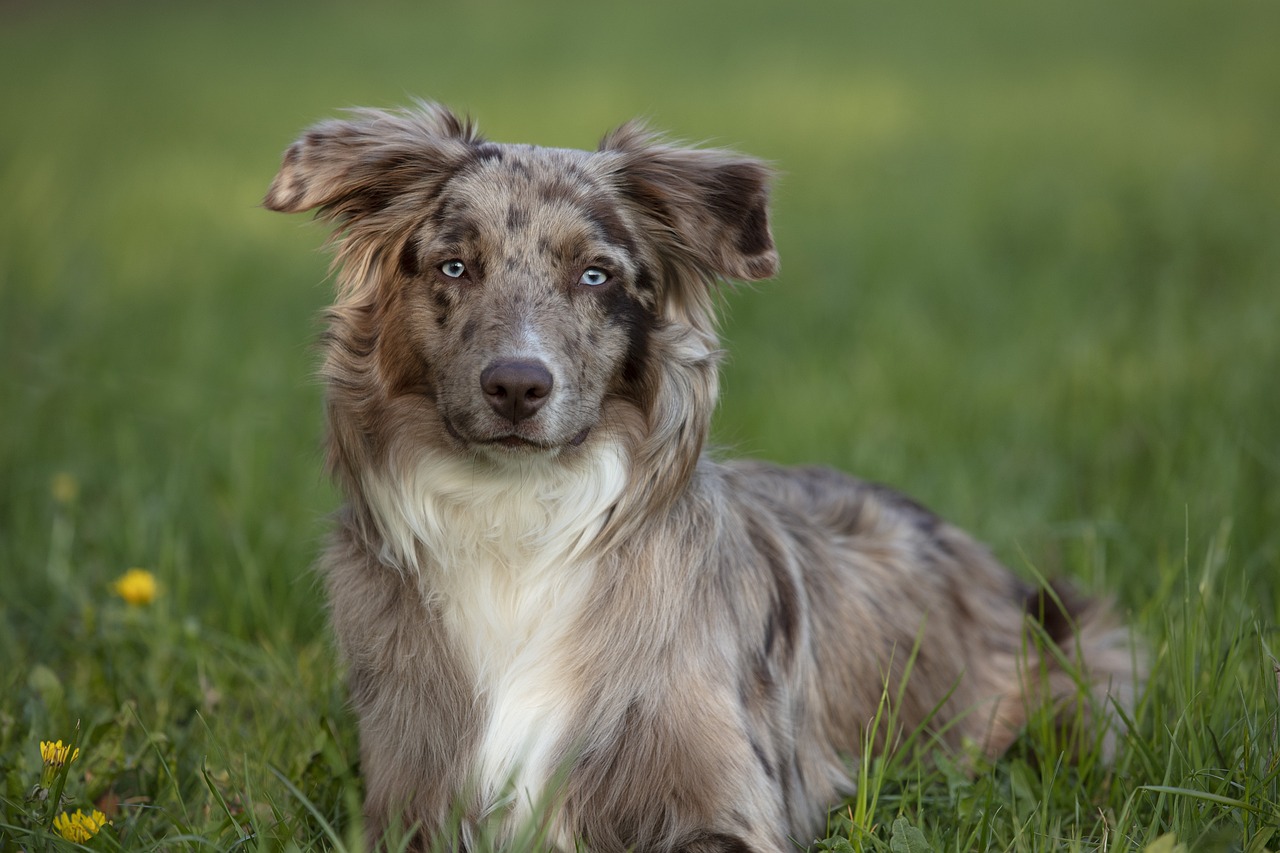 Shutterstock
Shutterstock
Australian Shepherds are intelligent, energetic, and highly trainable dogs. However, their need for constant physical activity and mental stimulation can be too demanding for seniors. Originally bred to herd livestock, these dogs are happiest when they have a job to do. Without regular exercise and tasks to keep them busy, Australian Shepherds can become anxious and destructive. Seniors who prefer a calm, relaxed lifestyle may find it difficult to keep up with the energy levels of an Aussie.
Weimaraner
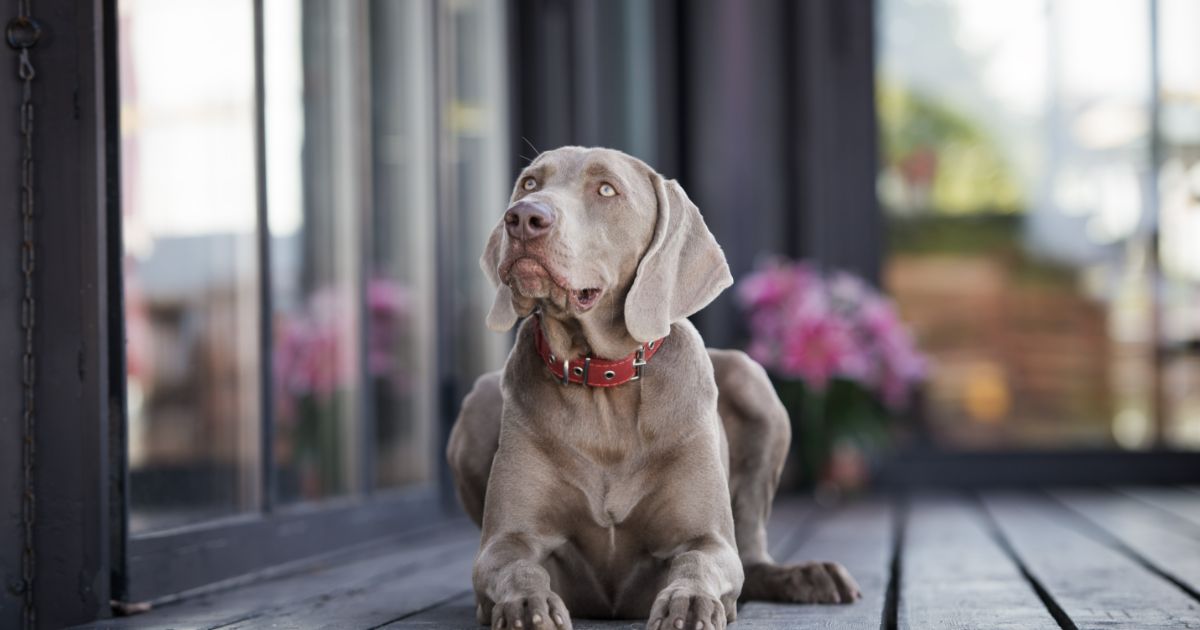 Shutterstock
Shutterstock
Weimaraners are known for their sleek appearance and high energy levels. These athletic dogs require regular exercise and stimulation, making them a poor choice for seniors who may not have the physical ability to meet their needs. Weimaraners are also known for their separation anxiety and may become destructive if left alone for long periods. Their strong hunting instincts and need for constant activity mean they are better suited for more active households.
Akita
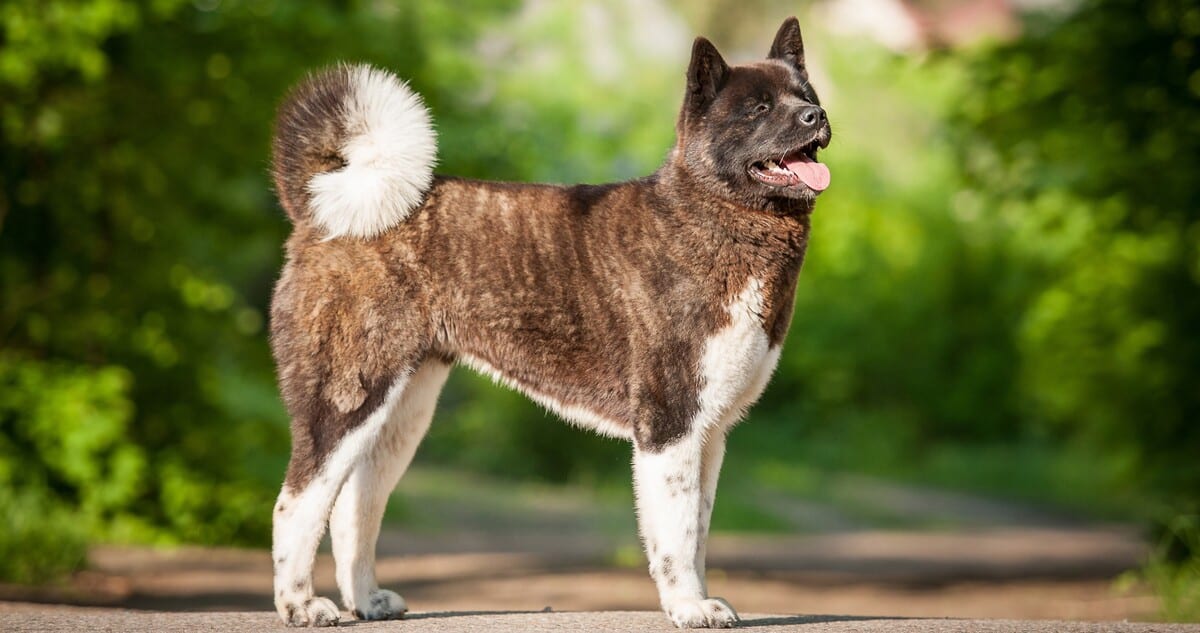 Shutterstock
Shutterstock
Akitas are large, powerful dogs with strong protective instincts. While loyal and devoted to their families, they can be wary of strangers and other animals. Akitas require firm training and consistent leadership, as their independent nature can make them difficult to control. For seniors, the size and strength of an Akita can be overwhelming, and their need for discipline and structure may be too much to handle.
Dalmatian
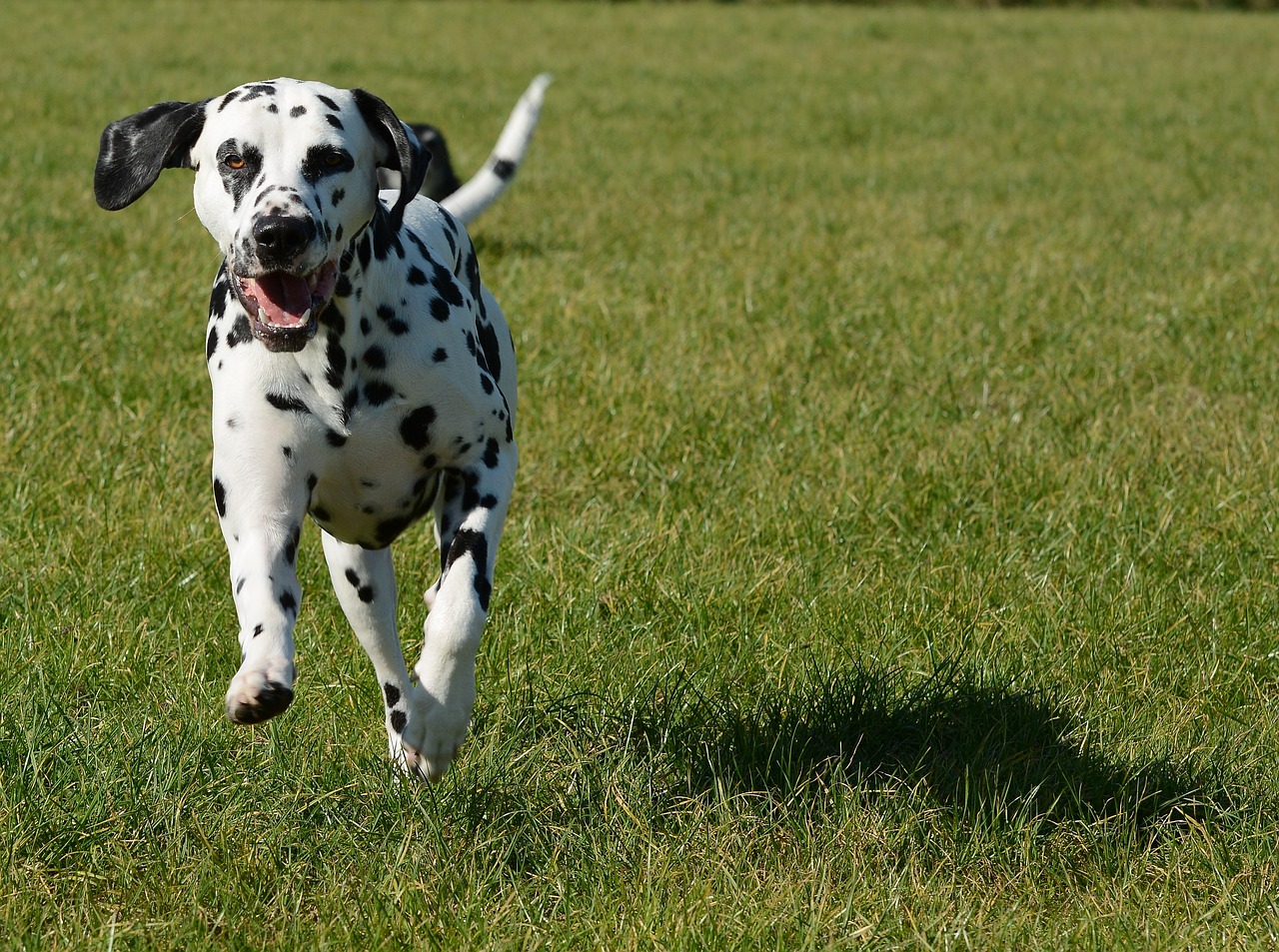 Shutterstock
Shutterstock
Dalmatians are famous for their spots and their boundless energy. Originally bred as carriage dogs, they have a high stamina level and need regular exercise to stay healthy and happy. Their high energy levels and excitable nature can make them difficult for seniors to manage, especially those who prefer a more relaxed pace of life. Dalmatians also shed heavily, requiring regular grooming and cleanup, which may be too much for seniors who need a low-maintenance pet.
Rottweiler
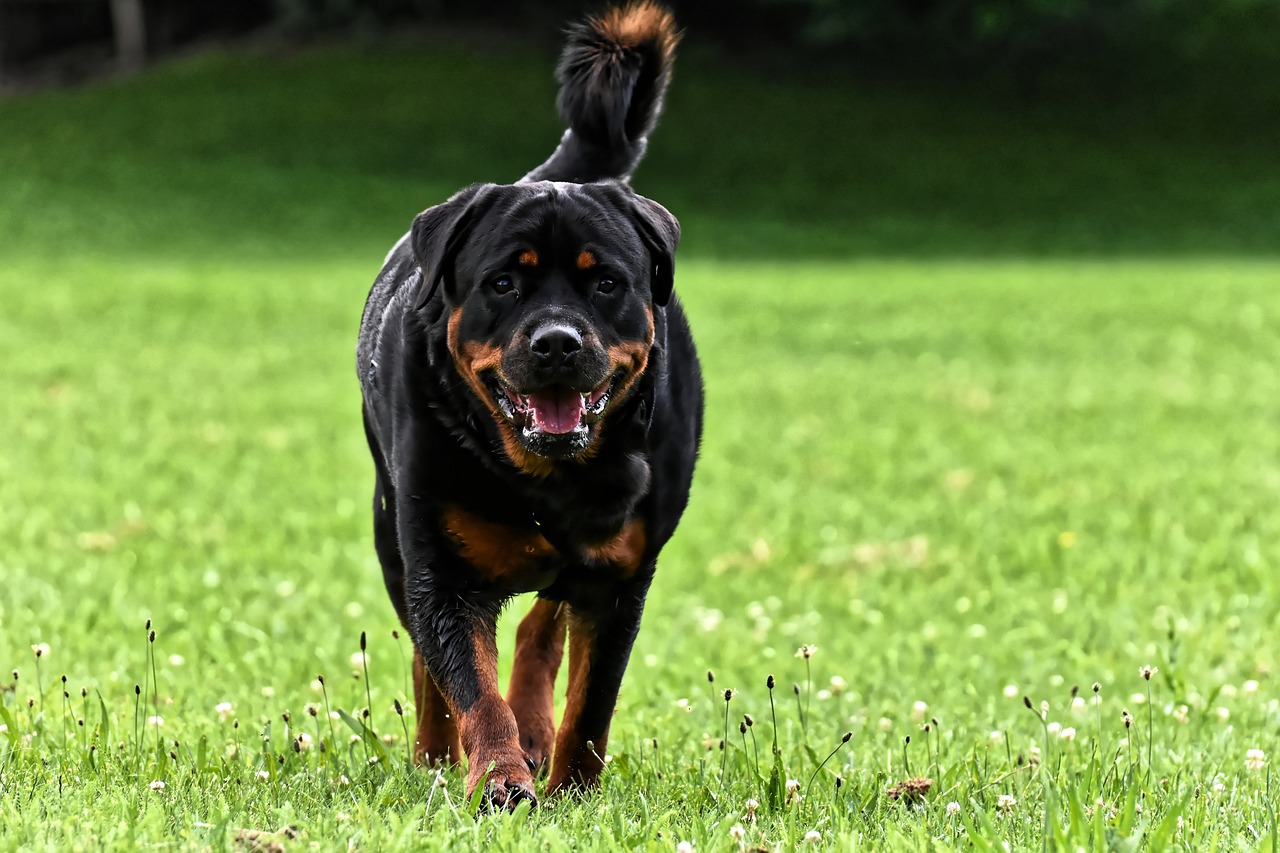 Shutterstock
Shutterstock
Rottweilers are strong, muscular dogs known for their loyalty and protective instincts. While they can be gentle giants with proper training, their size and strength make them challenging for older adults. Rottweilers require consistent leadership, socialization, and training to prevent dominant or aggressive behavior. Seniors may struggle with the physical demands of managing such a large, powerful dog, especially if they are not experienced dog owners.
Boxer
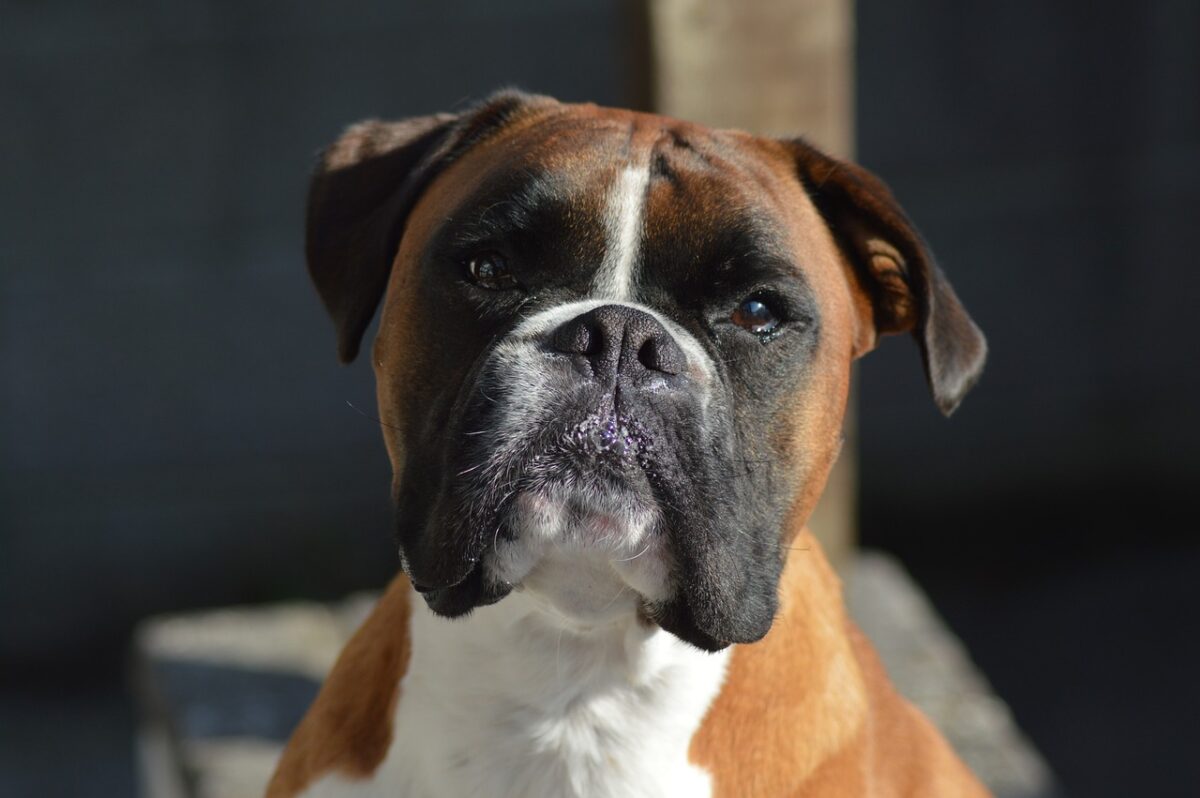 Shutterstock
Shutterstock
Boxers are playful, energetic dogs with a lot of personality. They are known for their boundless energy and love of play, which can be exhausting for seniors. Boxers require regular exercise and mental stimulation to prevent boredom and destructive behavior. While affectionate and loyal, their high energy levels and need for physical activity make them better suited for younger, more active owners who can keep up with their pace.
Cane Corso
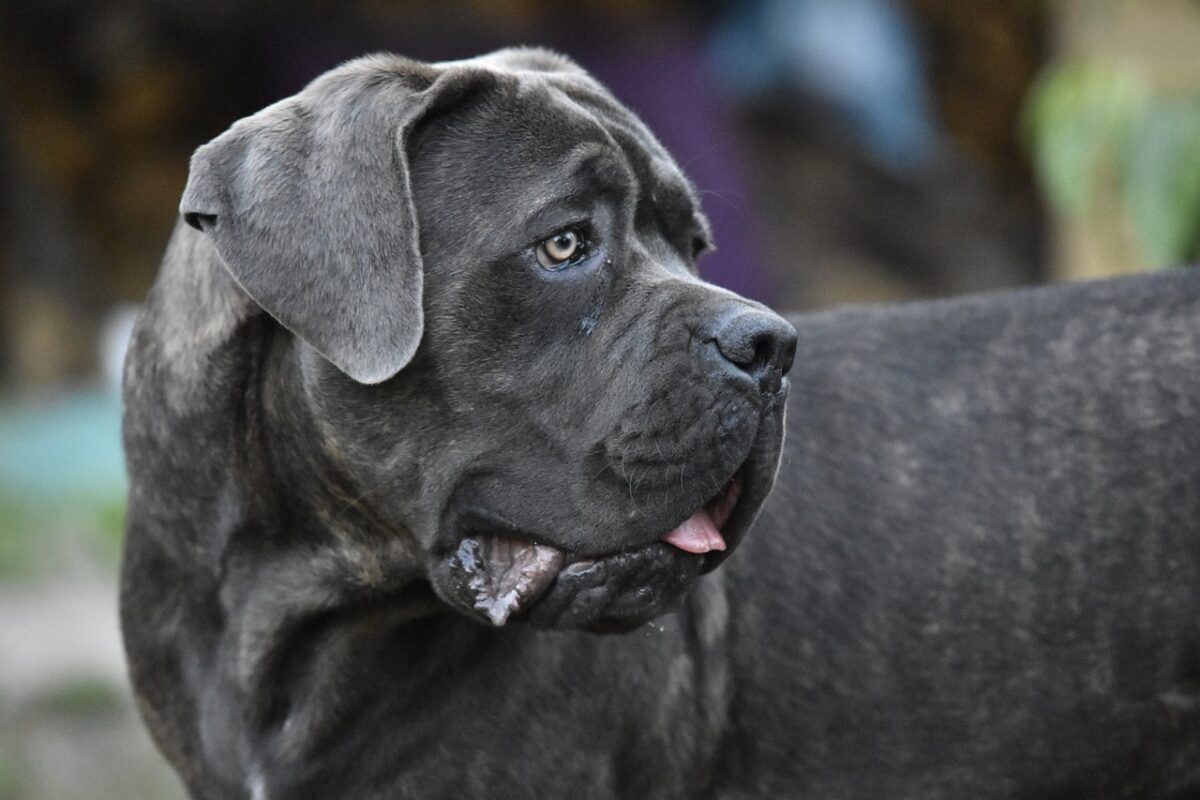 Shutterstock
Shutterstock
Cane Corsos are large, imposing dogs with strong protective instincts. Bred for guarding and working, they require firm leadership and consistent training to prevent unwanted behavior. Their size and strength can be difficult for seniors, especially if the dog is not properly trained. Cane Corsos are also known for their territorial nature, which can make them aggressive toward strangers or other animals. Seniors looking for a gentle, easy-going companion may find the demands of a Cane Corso too much to handle.
Great Dane
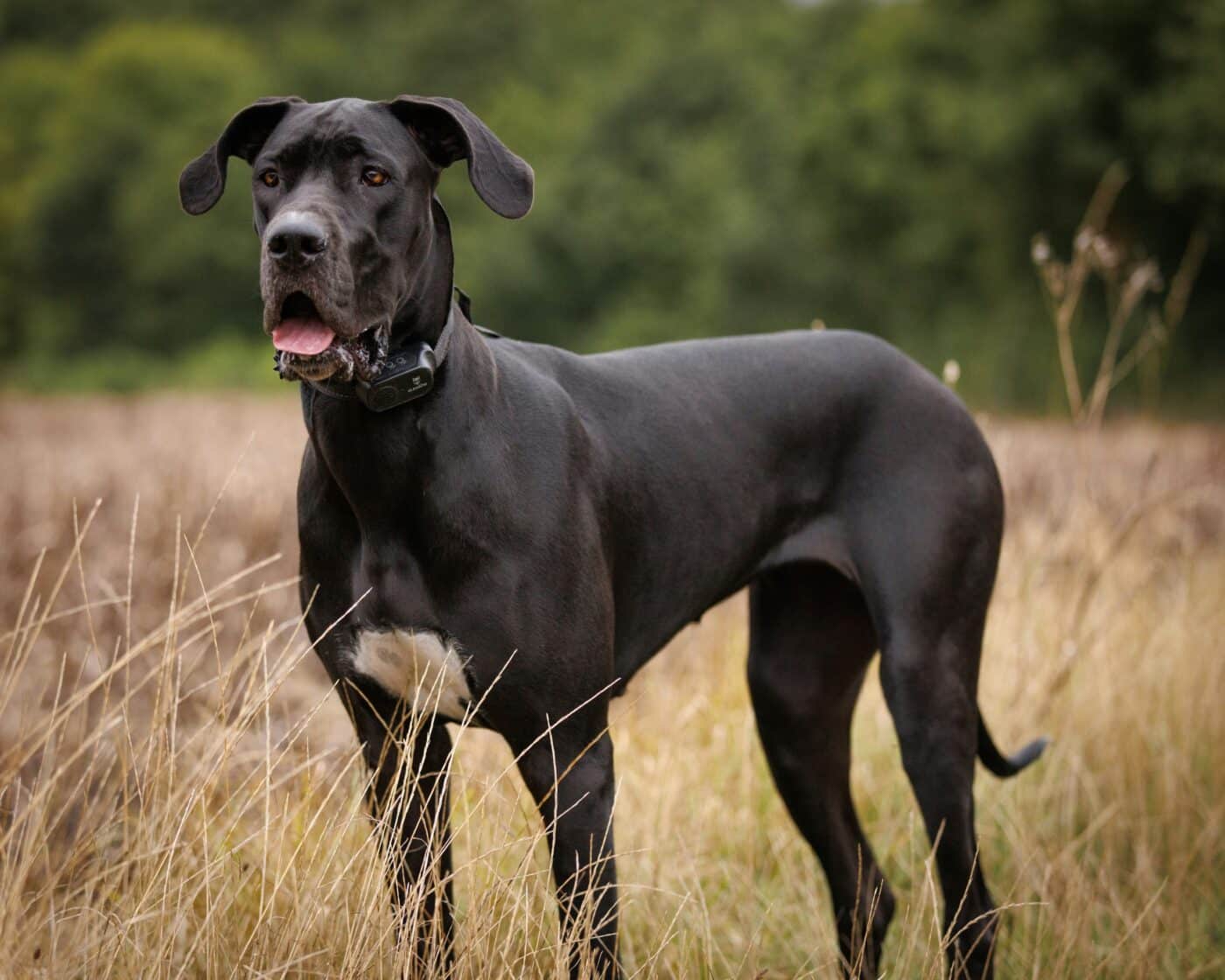 Shutterstock
Shutterstock
Great Danes are gentle giants known for their calm demeanor, but their sheer size can challenge seniors. While they are typically friendly and easygoing, their large size makes them difficult to manage, especially for older adults with mobility issues. Great Danes also have a shorter lifespan and are prone to health issues, which may require frequent vet visits and special care. Seniors who prefer a smaller, easier-to-handle dog may find a Great Dane too much to take on.
Vizsla
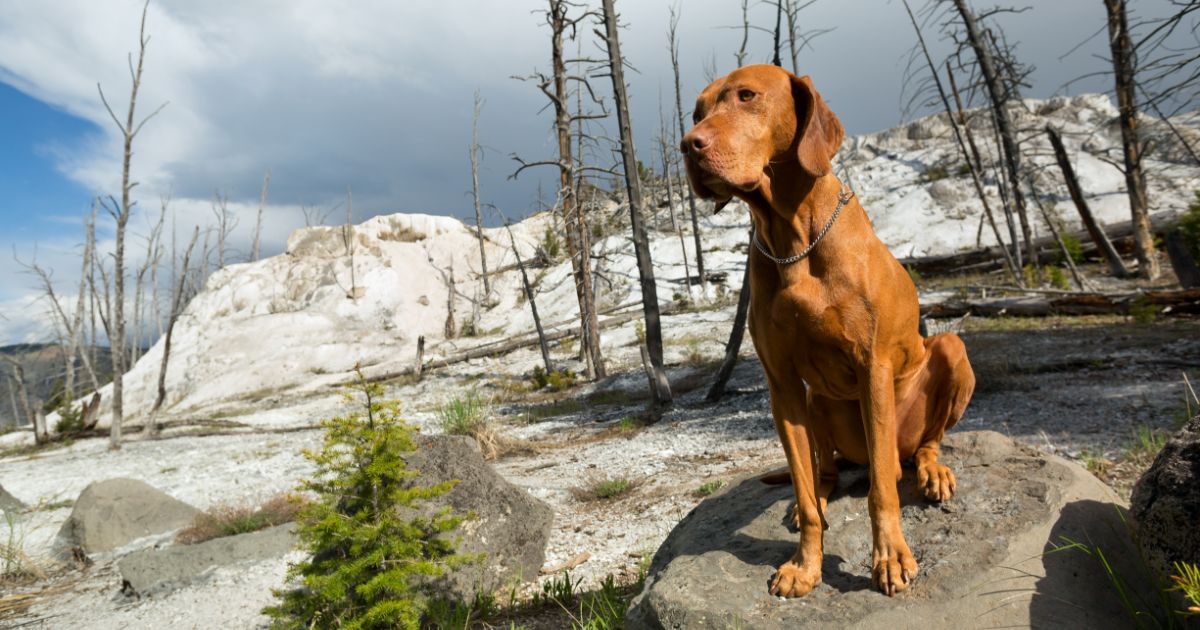 Shutterstock
Shutterstock
Vizslas are energetic, athletic dogs known for their hunting abilities. They require regular exercise and mental stimulation to prevent boredom and anxiety. For seniors, keeping up with the high energy levels of a Vizsla may be overwhelming. These dogs thrive in active households where they can run, play, and engage in outdoor activities. While affectionate and loyal, their need for constant stimulation may make them too demanding for seniors who lead a more relaxed lifestyle.
Belgian Malinois
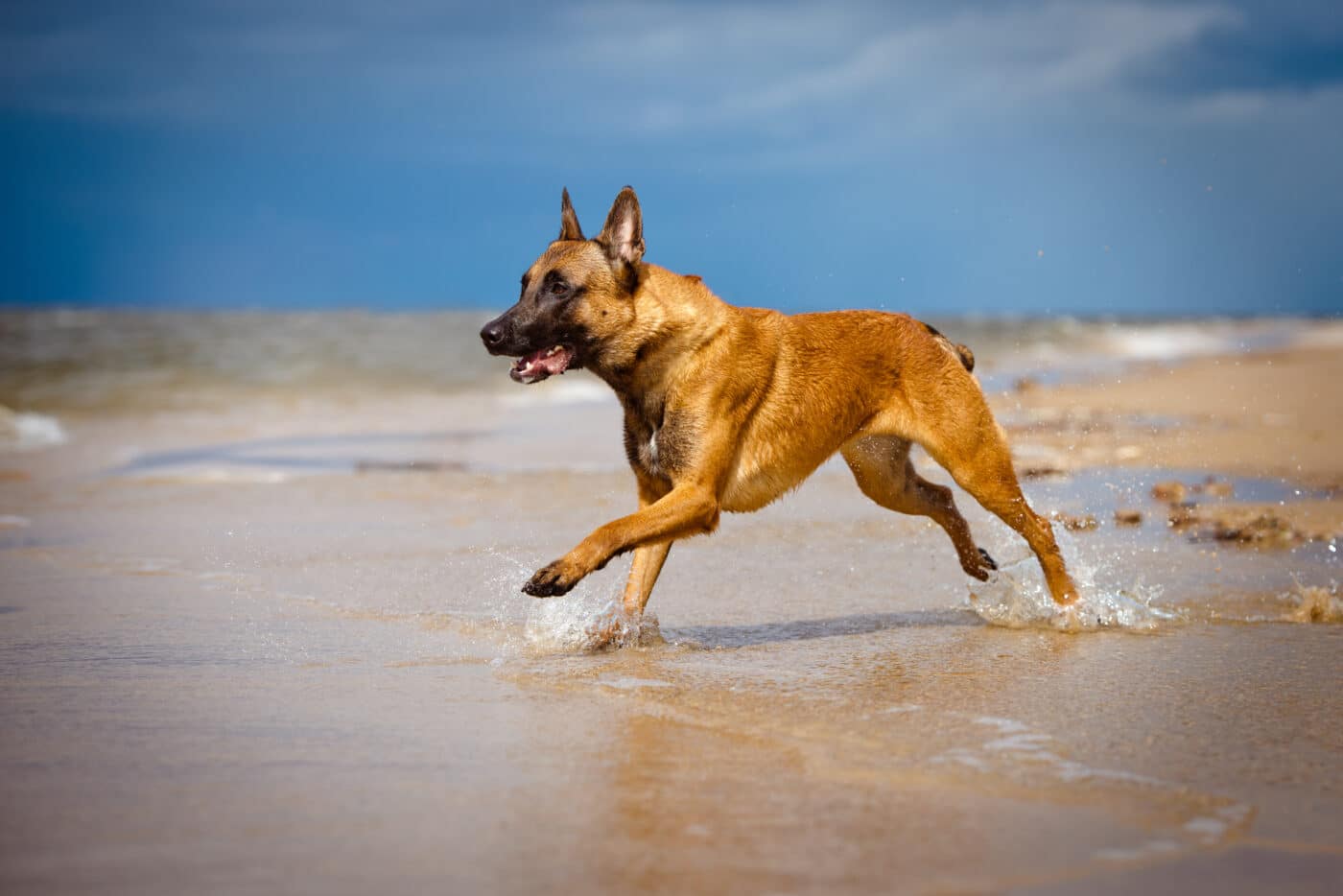 Shutterstock
Shutterstock
Belgian Malinois are highly intelligent and driven dogs often used in police and military work. While they excel in working environments, their intense energy levels and need for mental and physical challenges make them a poor fit for seniors. Malinois require constant stimulation and firm leadership to prevent unwanted behavior. Without regular exercise and structured activities, they can become anxious and destructive. Seniors may find the demands of a Belgian Malinois too much to handle, especially if they are looking for a low-maintenance companion.
The “Dog-Gone” Truth About Choosing the Right Breed for Seniors
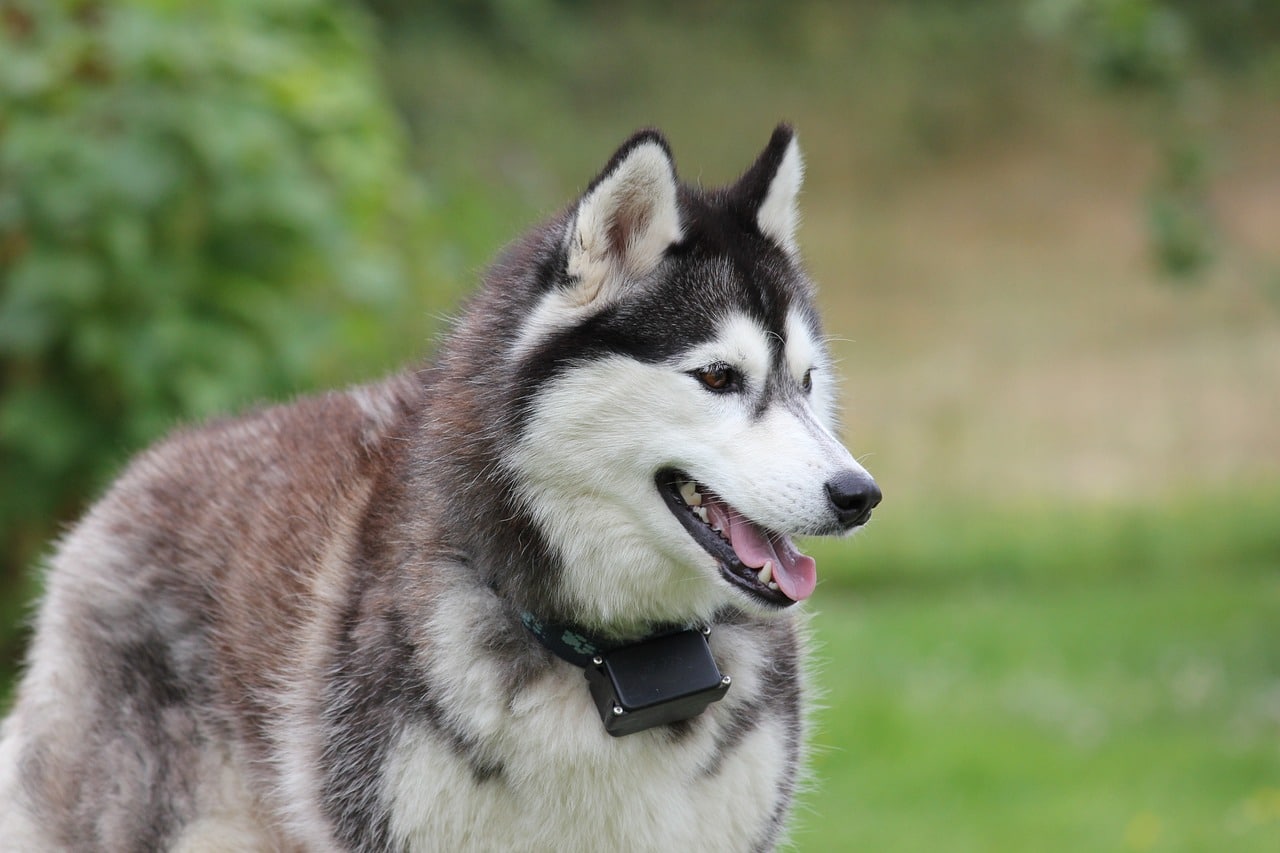 Shutterstock
Shutterstock
When selecting a dog breed for seniors, it’s essential to consider factors such as energy levels, size, and temperament. While every dog is unique, some breeds are simply more demanding and may not be the best fit for older adults. High-energy, strong-willed breeds can require more physical activity and training than seniors can provide, leading to frustration for both the dog and the owner. For seniors looking for a loyal, loving companion, choosing a breed that aligns with their lifestyle is key to fostering a happy, healthy relationship with their furry friend.

 1 month ago
8
1 month ago
8
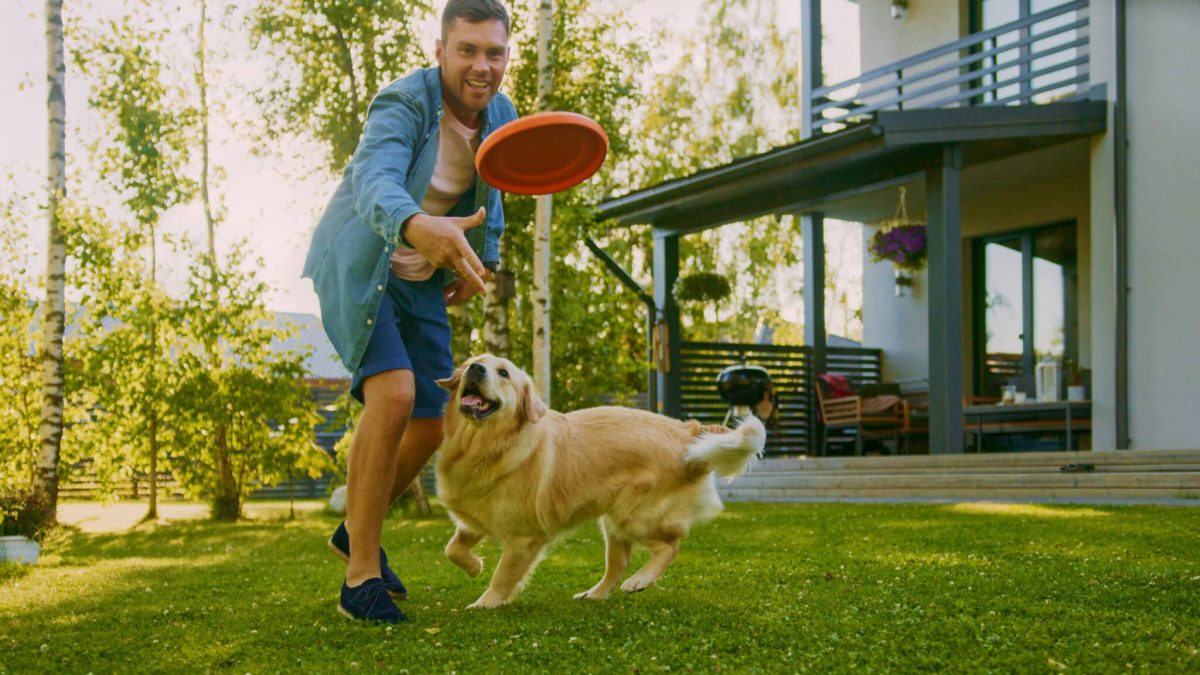
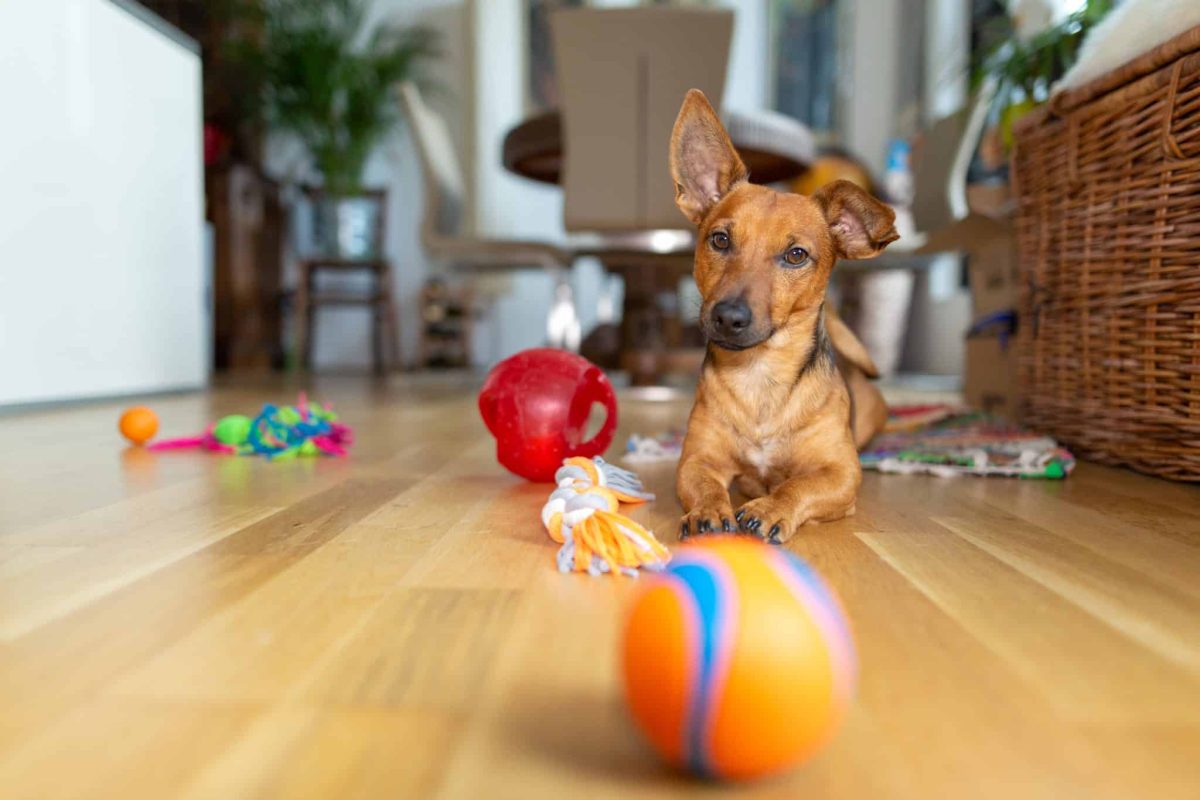
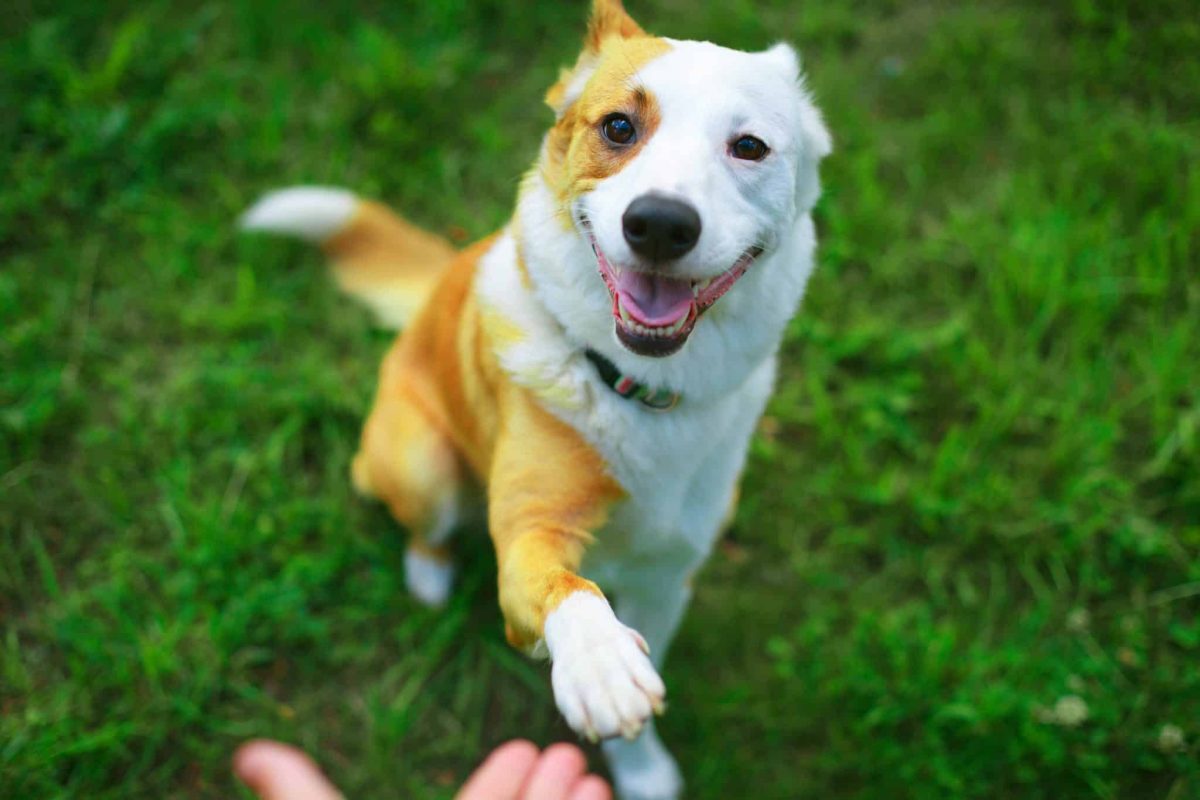
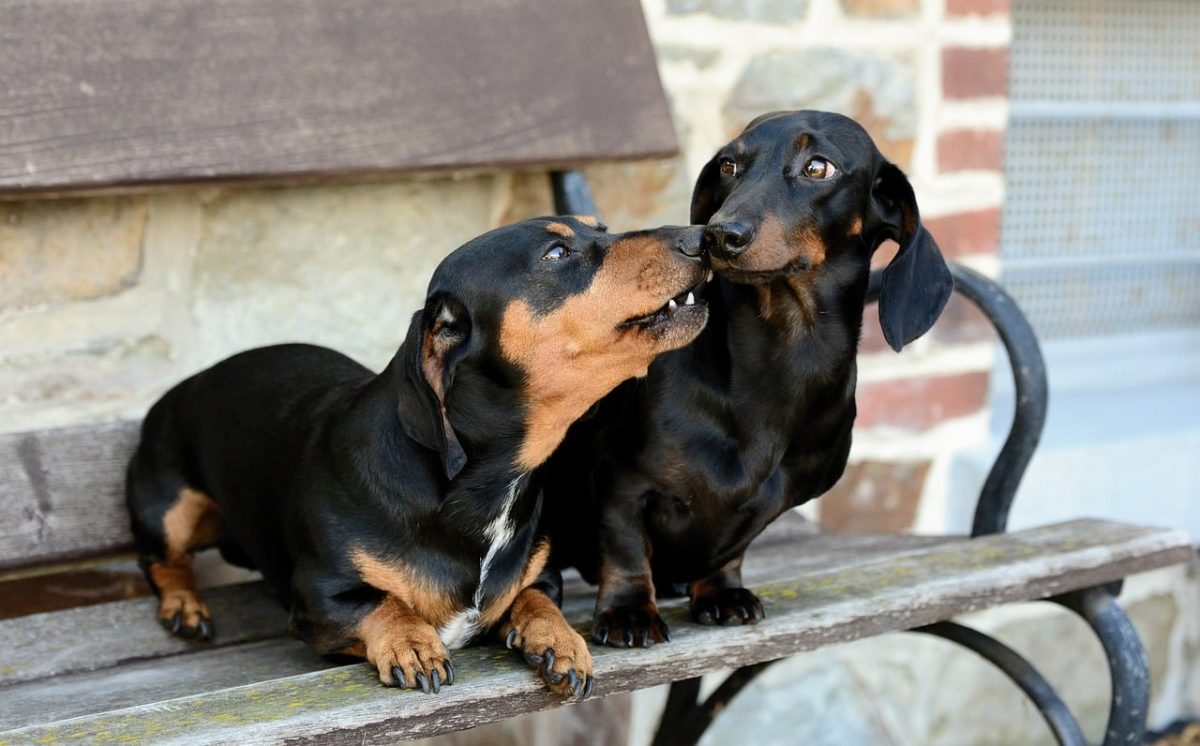
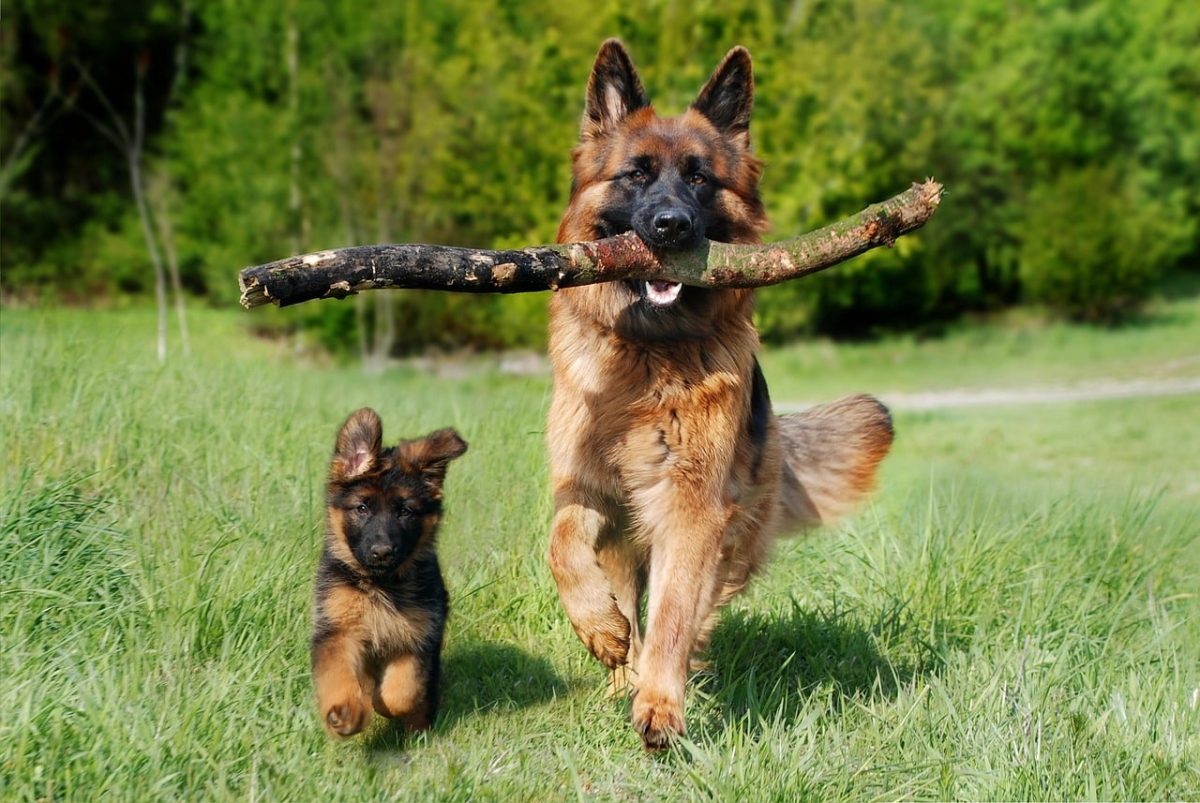

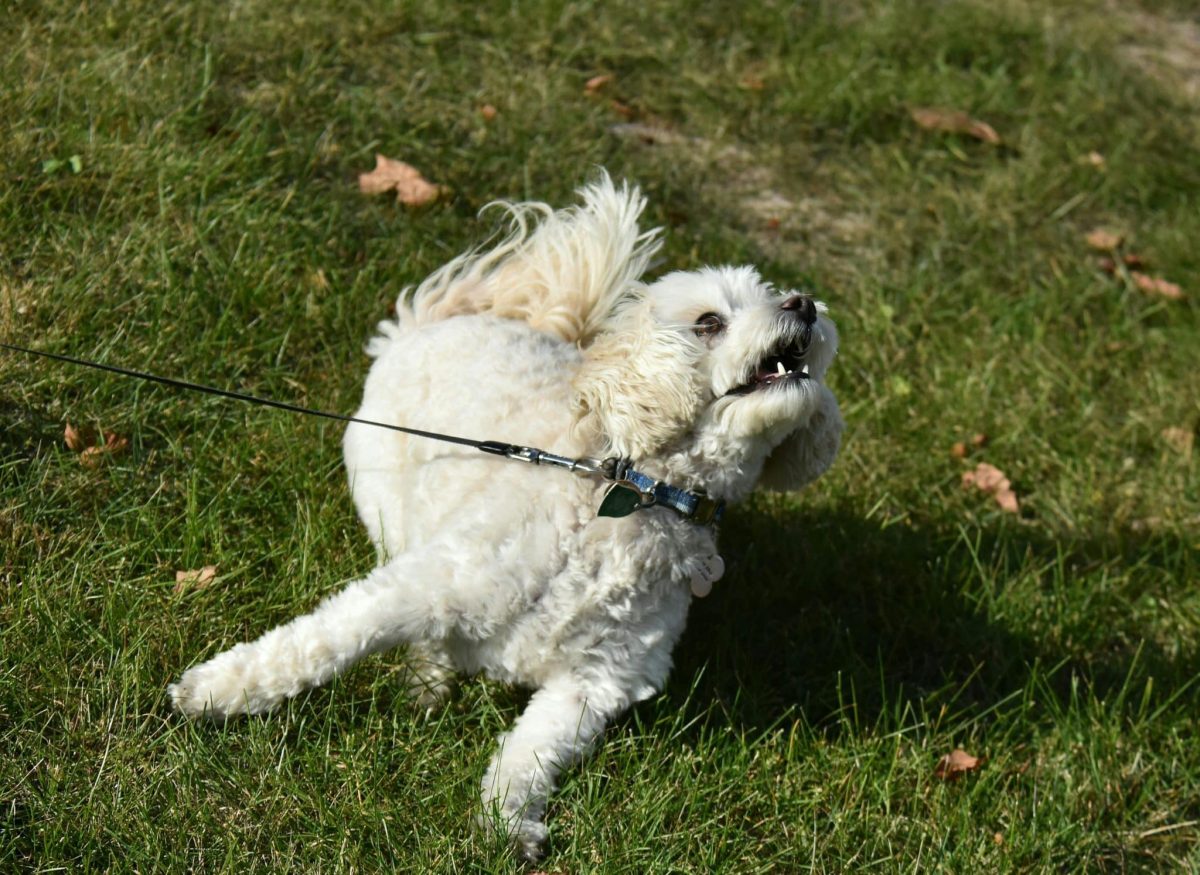
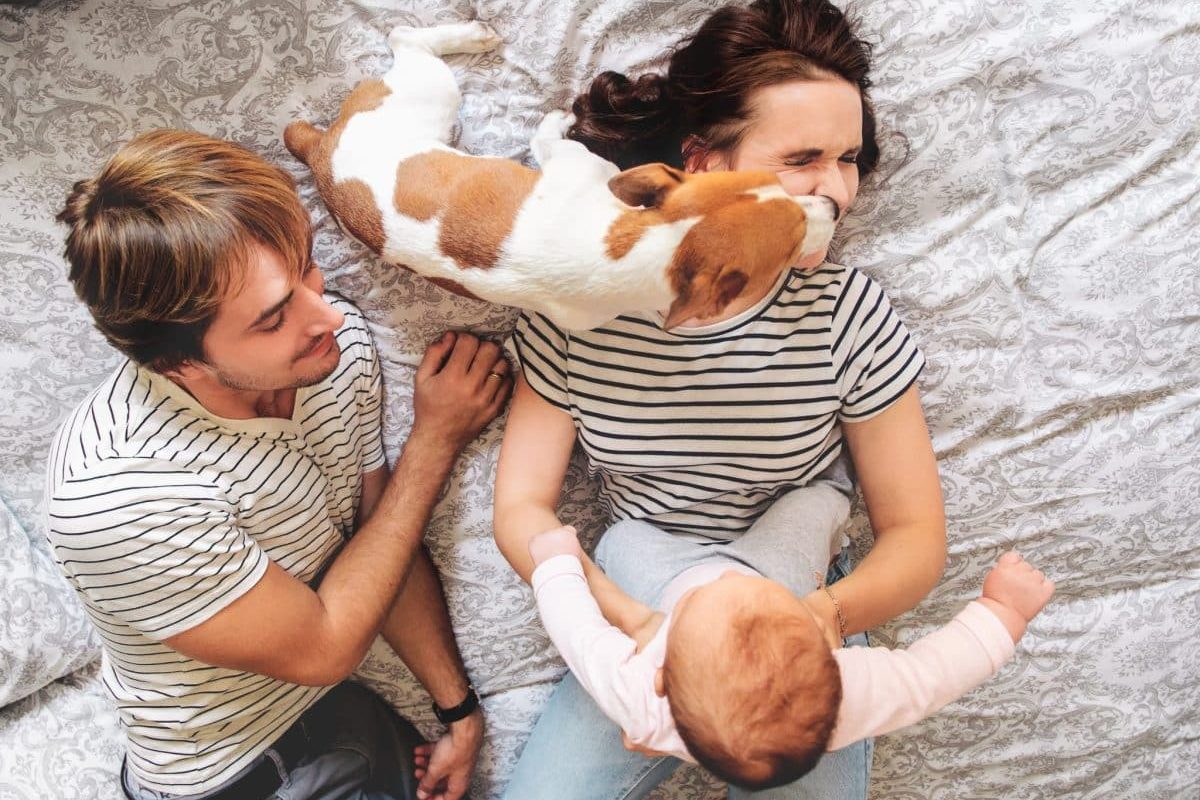
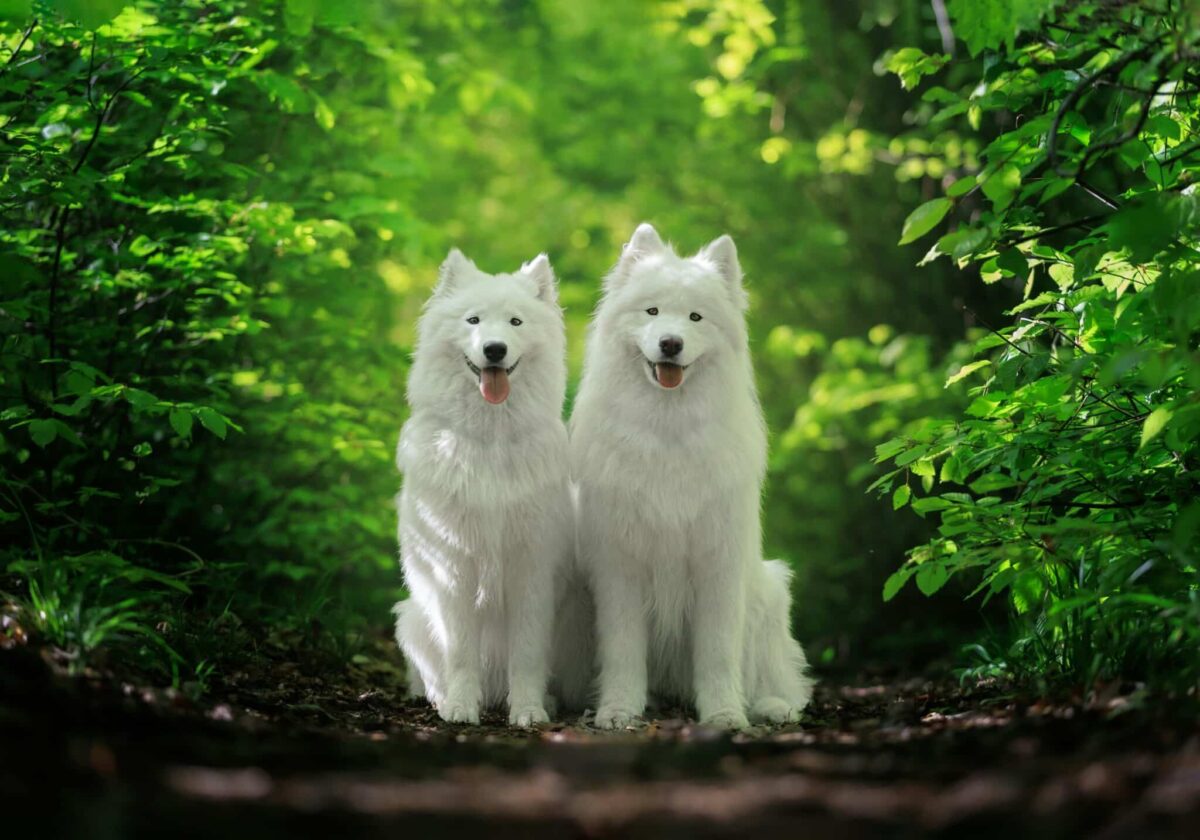
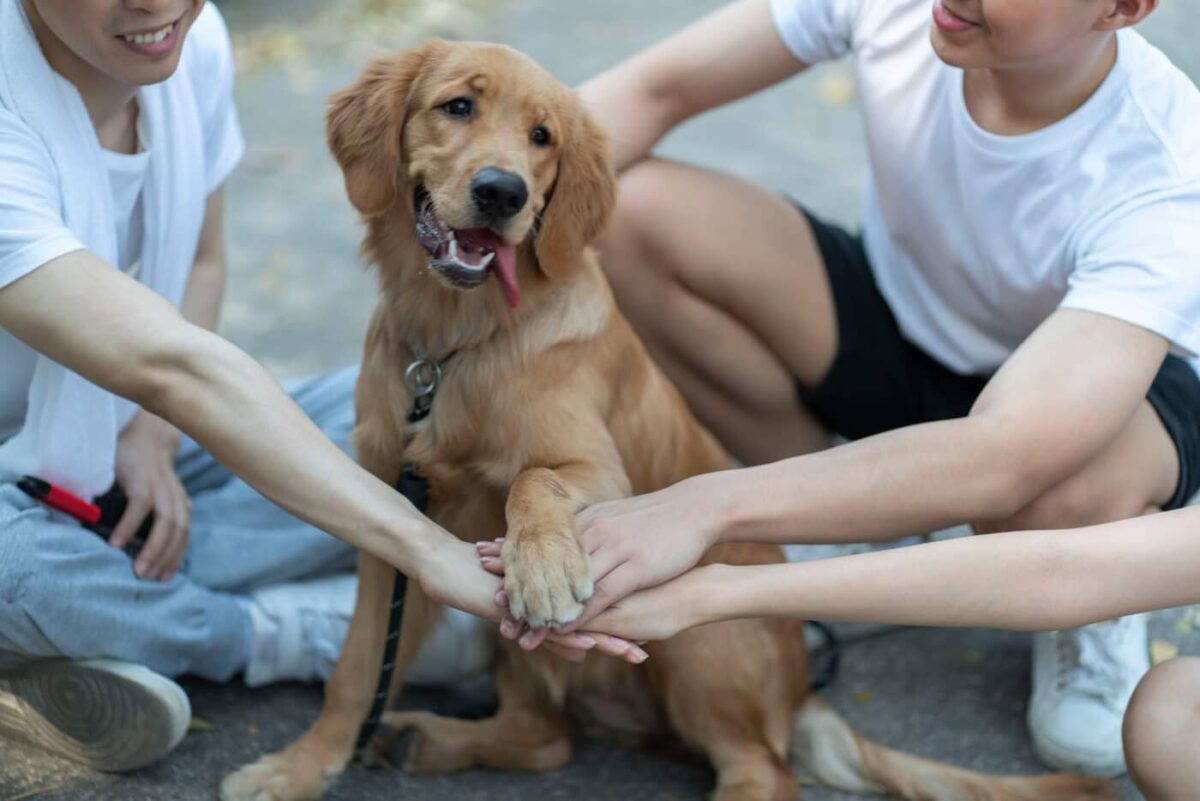
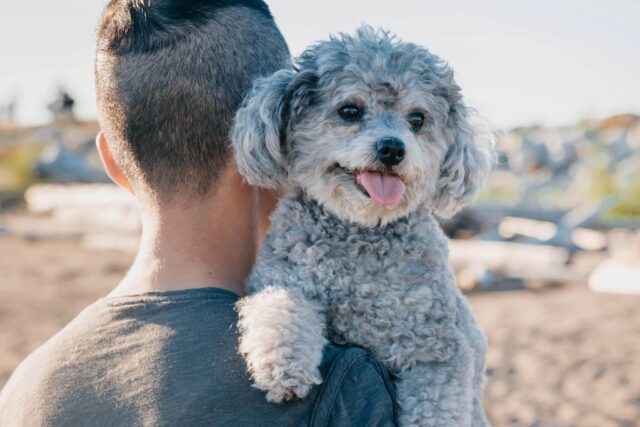
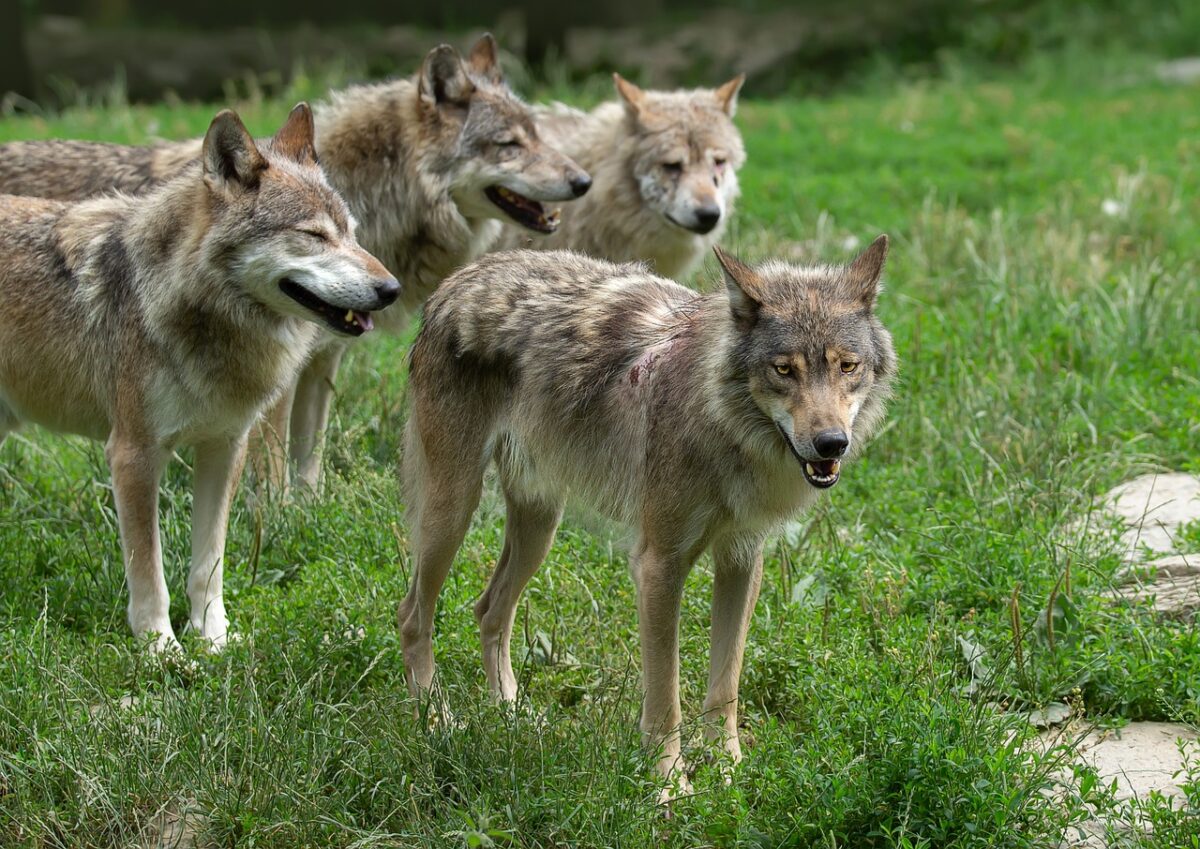
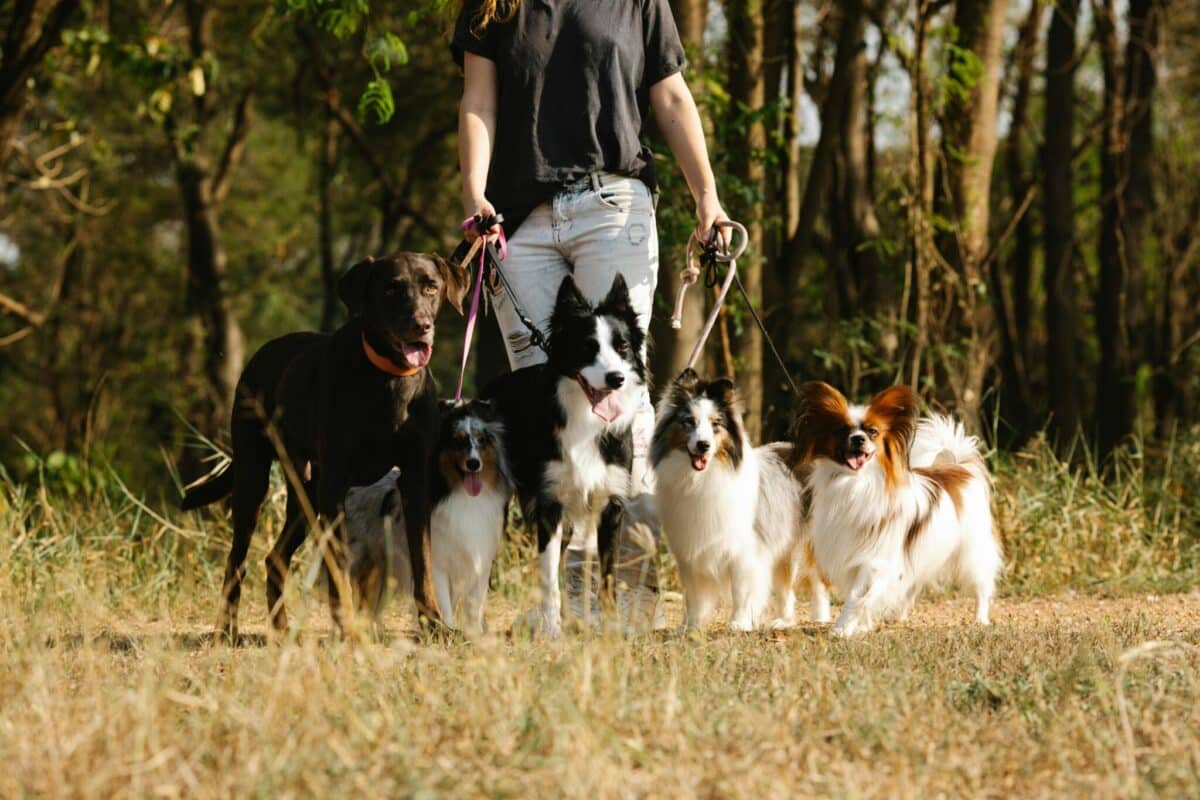
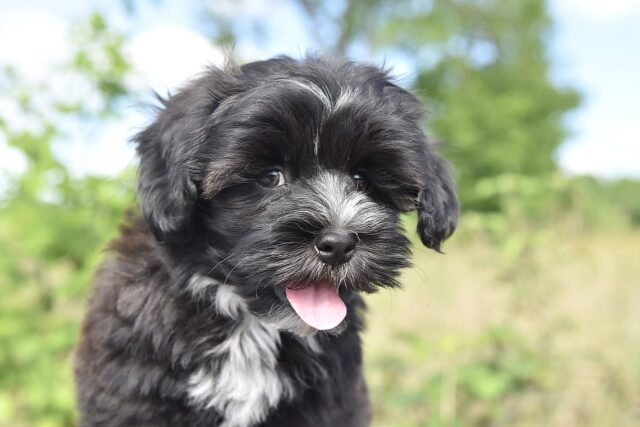
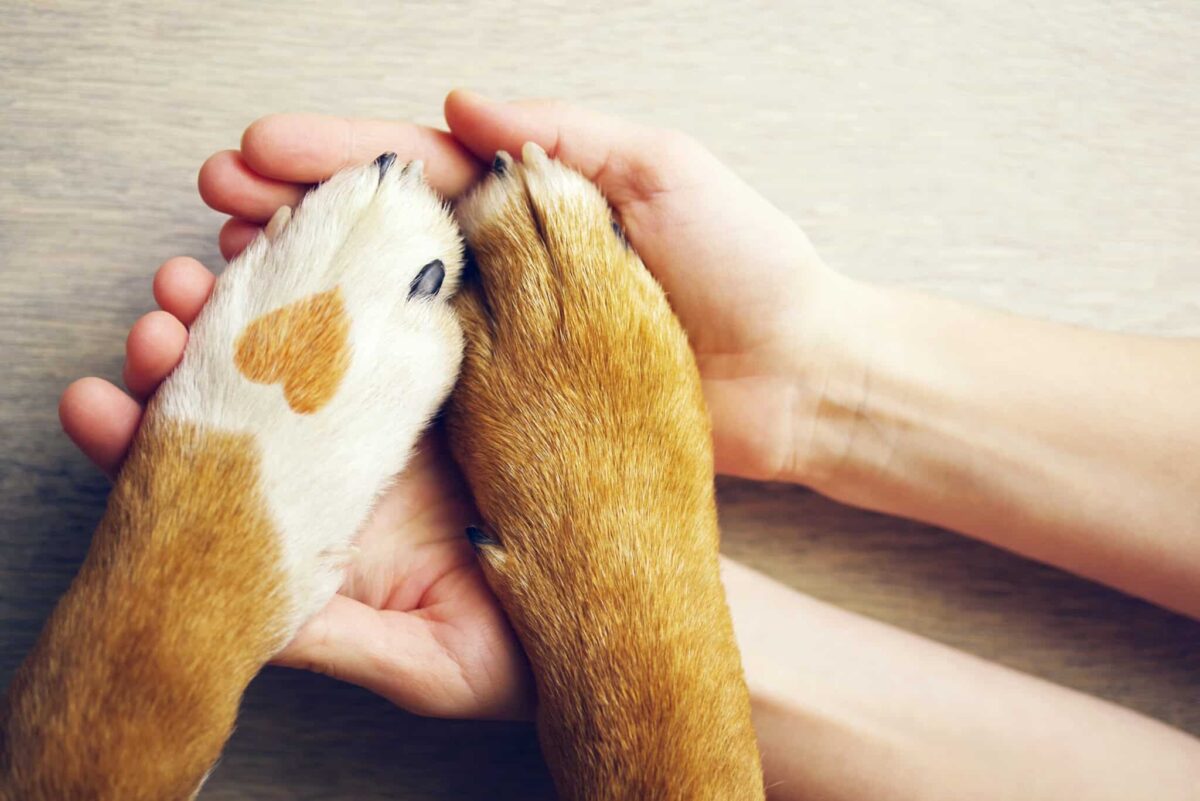

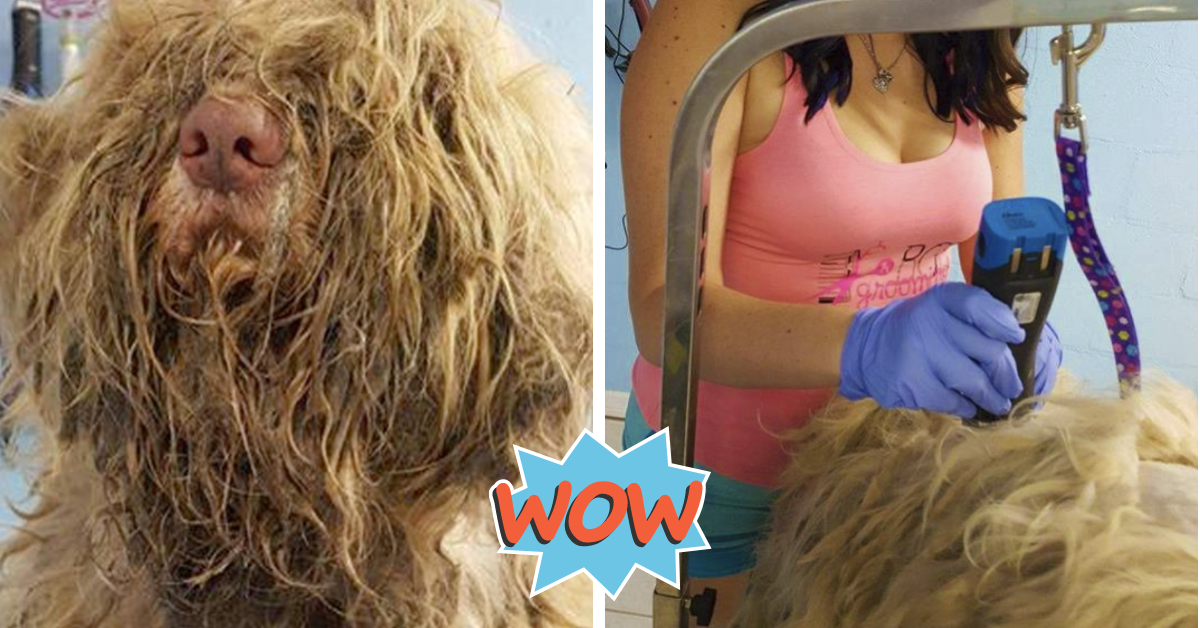
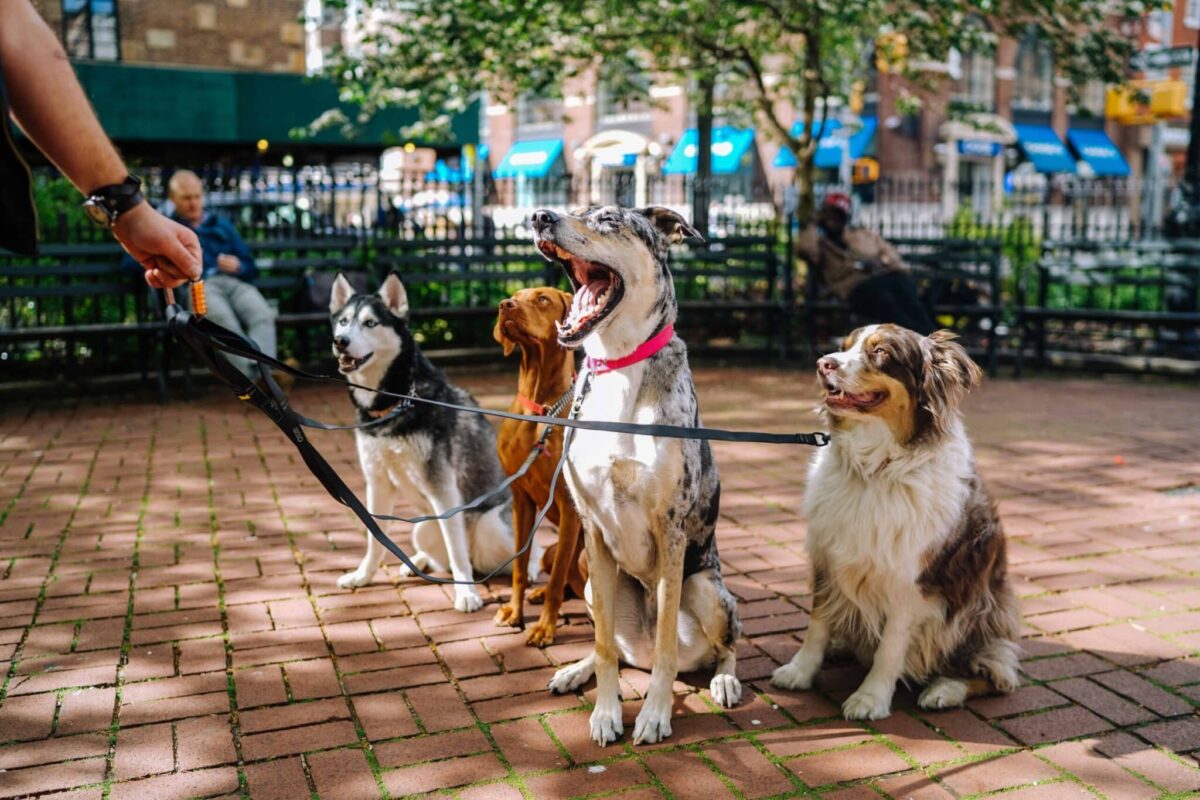
 English (US) ·
English (US) ·